Ma’ale Adumim, West Bank, 12 Muharram 1438/12 October 2016 (MINA) – The artificial grass of the pitch contrasts sharply with the dusty hills as the teams of the Baitar Ma’ale Adumim club train at sunset a little east of Jerusalem.
Children are chasing the ball at the training site between a petrol station and a wine-making factory.
“I like football,” says eight-year-old Guy Misrachi who admires Barcelona and their star Lionel Messi, and trains six hours per week as he dreams of becoming a professional player.
However, he is doing this on tricky terrain as the Israeli club is based in the settlement town of 40,000, Ma’ale Adumim, on the Palestinian West Bank.
Also Read: Israeli Opposition Leader Accuses Netanyahu of Blocking Prisoner Swap
And club officials are anxiously awaiting Thursday’s and Friday’s council meetings of the ruling body FIFA in far away Zurich where the fate of their team could be decided.
More than 60 members of the European Parliament have asked FIFA via an open letter to expel at least five clubs from FIFA events and the Israel football association – including Beitar Ma’ale Adumim – or move them to areas within Israel.
“FIFA should rule that settlement clubs either fully relocate within Israel’s internationally recognized borders or are excluded from the Israeli Football Association,” DPA reported, quoting the letter as saying.
The MEPs cite FIFA rules which say that no club can play on the territory of a different association without its consent and that of FIFA.
Also Read: Nine Israeli Soldiers Injured in Gaza Fighting, Total Casualties Continue to Mount
“Sport simply has rules and I believe that FIFA must stick to its own rules, with international law applying as well,” says one of the MEPs, German Left Party member Fabio de Masi. “We don’t discuss either whether a harsh tackle on the pitch is a red card or not.”
Israeli settlements are seen as a major obstacle in the peace process, with some 550,000 settlers living in the area, according to human rights organization Bethselem.
For Beitar manager Ben Hadad an expulsion by FIFA would be a disaster. The men’s and women’s teams are in the fourth division, and 450 of the 500 members are children.
“If FIFA exclude us the children won’t play football anymore. All teams would be closed and the name Beitar Ma’ale Adumim erased,” he says, all but ruling out that training could continue in such a scenario because no one would be motivated without competition.
Also Read: Thousands Protest in Tel Aviv Demanding Prisoner Swap Deal and End to Gaza War
Israel’s football association also highlights that the players are amateurs and most of them children.
Delicate issue
Also Read: Israel to Build Nearly 2,400 New Settlement Units in Occupied West Bank
FIFA has been dealing with the delicate issue for several years as Palestinian officials have been complaining for a long time that Israel security forces are making travelling difficult for Palestinian players.
A task force led by respected South African Tokyo Sexwale has been set up but no breakthrough reached.
Last year then FIFA president Joseph Blatter had to use all his diplomatic skills to make Palestine football chief Jibril Rajoub withdraw a motion at the FIFA congress calling for Israel’s expulsion, as a vote could have revealed a deep rift within FIFA.
Rajoub now welcomes the latest initiative to allow the clubs from the settlements to play in Israel alone.
Also Read: Israel Launches Massive Airstrikes on Gaza’s Beit Hanoun Amid Aggression War
“I consider it a correct and fair proposal,” he says. “It is a clear signal towards Israel’s government and Israel that the occupied Palestinian territories are not part of normal Israeli activities as if they were a part of Israel.”
The Avaaz movement – which on Tuesday attempted to enter Ma’ale Adumim with Palestinian children in order to play football there – has a campaign “FIFA: Give Israeli Settlements the Red Card.”
According to The Guardian, the United Nations’ special advisor for sport, Willi Lemke, also says the Palestinians are in the right.
Omri Brinner, captain of the Beitar men’s team, is meanwhile playing with an Israeli flag on his shirt because he believes an expulsion by FIFA would send out a precarious signal.
Also Read: 100 Palestinians, Including 27 Aid Seekers, Killed in Israeli Airstrikes Across Gaza
“It draws the borders between Israel and Palestine through a football association instead of through the correct political and diplomatic channels,” Brinner says. (T/R07/R01)
Mi’raj Islamic News Agency (MINA)
Also Read: Israel Deploys Two Additional Battalions to West Bank





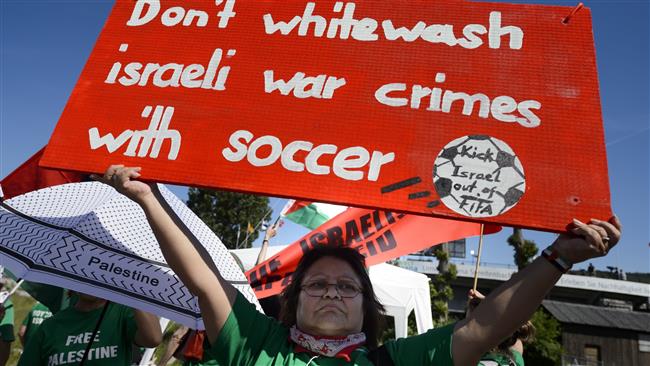




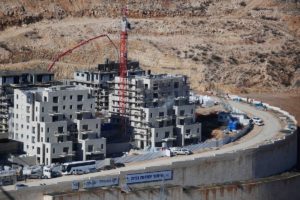
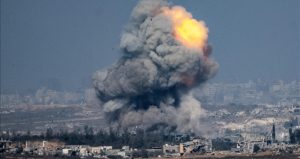

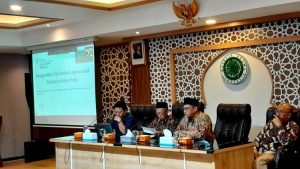

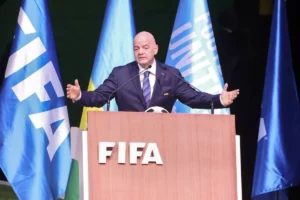

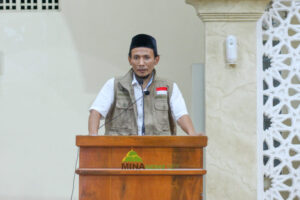
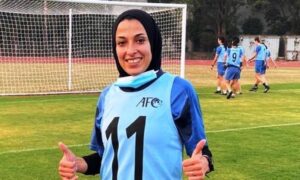






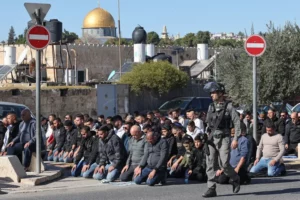

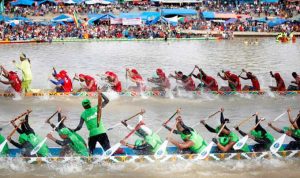


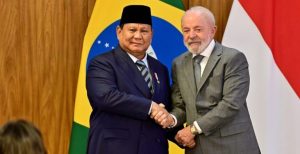




 Mina Indonesia
Mina Indonesia Mina Arabic
Mina Arabic